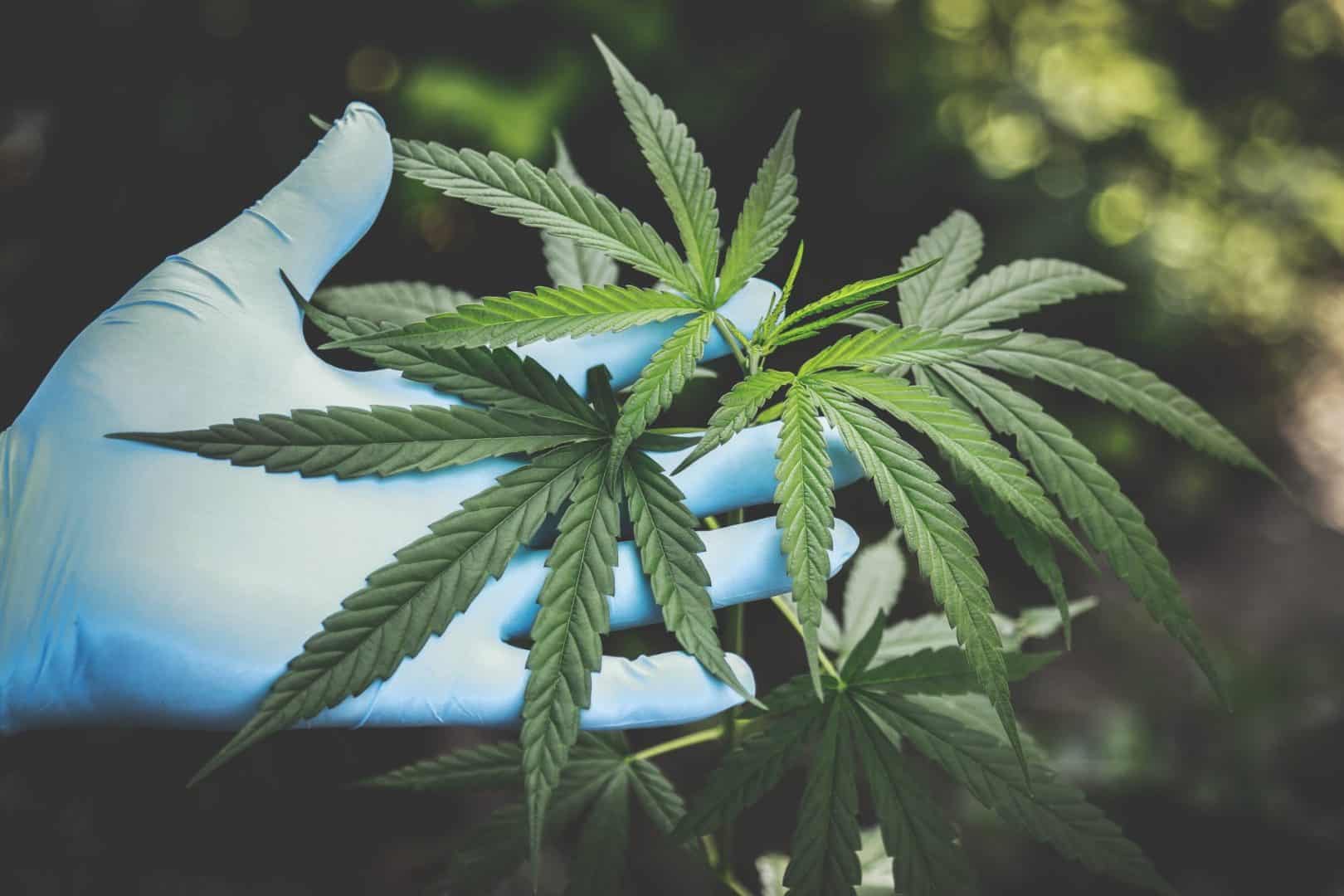
As many are already probably aware, medicinal Cannabis is not an over-the-counter medication and there is a need for a very restricted prescription for it to be acquired. Contrary to what was initially believed, there is no need for any doctor, GP, or specialist to be pre-approved by the TGA to prescribe medicinal Cannabis to patients. However, the prescriptions should only be issued by doctors under the Special Access Scheme-B (SAS-B) or the Authorised Prescriber Scheme.
● Special Access Scheme – for a single patient
● Authorised Prescriber Scheme – for multiple patients with similar indications
One cannot simply pop into their GP’s clinic to be issued a prescription – one needs to have their medical condition verified as being appropriate for the treatment. Keywords to keep in mind here is that your diagnosis must be “verified” to warrant a “clinical justification” for the use of a specific medicinal Cannabis for a particular patient.
Your doctor would make an application to the TGA to certify that you have a condition that would be appropriate for Cannabis and that the product your doctor selected for you is appropriate for your condition.
Special Access Scheme
There are more than 100 Cannabis products that are now available for prescription in Australia. Most of these products include oral preparations (oils), capsules containing delta-9 tetrahydrocannabinol (THC), cannabidiol (CBD), and dried-flower products. Applications for SAS-B are usually processed within 24-48 hours, provided all necessary information is provided. Applications can be made online without cost via the TGA’s website, and the majority of these are approved without modification.
The Steps
A SAS-B application must indicate the ‘clinical justification’ for the use of a specific medicinal Cannabis product. Inclusive of which, should indicate the reasons for using an unregistered product rather than a registered medicine. Also required are safety and efficacy data and details of patient monitoring.
An option is provided to attach any letters of support and/or recommendations from the patient’s other specialists who are involved in the patient’s care and treatment.
Before a patient is prescribed medicinal Cannabis upon seeing a doctor and issued a prescription, there are five steps they must strictly go through, as follows.
1. Your doctor determines if your condition is treatable with medicinal Cannabis. The clinician would then check the evidence and check literature if compliant with TGA guidelines.
2. An in-depth assessment of the patient’s condition is conducted. This step focuses on if there are red flags and comorbidities that need to be addressed or ruled out.
3. It is then looked into if first- and second-line therapies have been trialled for the patient’s condition without success.
4. The patient is then assessed for: unstable cardiac disease, drug and alcohol abuse, mental health.
5. If all the first 4 steps above check out, the doctor then applies an application, on behalf of the patient, with the TGA’s SAS-B including the application for state permits.
Once the approval from TGA is given, only then can the doctor issue a prescription and a permit for the product is given to the patient to acquire medicinal Cannabis from a Cannabis product dispensing pharmacy. The responsibility falls on the prescriber to specify which medicinal Cannabis product they wish to access.
Upon the submission of prescription and permit, the dispensing pharmacy then sources out and dispenses the medication to the patient. What follows is a regular patient review conducted by a clinician to determine the efficacy or inefficacy of the prescribed medicinal Cannabis.
In Australia, THC-containing products are included in Schedule 8 Medicines Prescribing Code (the Code). It is a legal requirement, at all times, to adhere to the Code when prescribing. The prescriber must be mindful of meeting this requirement based on the location in which the product is dispensed.
Cannabis can be prescribed for a quite extensive set of medical conditions, but you can’t go and see your GP hoping to get a prescription for your common cold.
Medical research and clinical trials have shown that medicinal Cannabis can assist in the treatment of symptoms for various conditions. Among all these various conditions, the most common reason medicinal Cannabis is prescribed is for chronic pain. This is followed by neurological illnesses such as epilepsy and multiple sclerosis and inflammatory diseases such as Crohn’s disease.
Medicinal Cannabis is also prescribed as an adjuvant, which means it assists in improving the efficacy of other drugs the patient is taking for their symptoms. This entails that the patient, with the assistance of medicinal Cannabis, can reduce their total opiate dosage by 50%.
It has also been observed that people taking anti-inflammatory medication and steroids like prednisolone, for rheumatoid arthritis or inflammatory bowel disease have reduced their steroid dose by up to 30%.
However, medical practitioners are recommended to discuss with their patients not only the benefits of medicinal Cannabis, but also its risks. It is a prudent move so that patients can be provided with a well-informed consent if they ever opt for this therapeutic pathway.
Alongside this, patients need to be informed of common and serious adverse effects even though Cannabis, THC and CBD are well tolerated by patients with few serious adverse effects.
One last item patients have to consider is that medicinal Cannabis products are not covered or subsidised by the Pharmaceutical Benefits Scheme (PBS). This means that the cost must be shouldered by the patient or a third party.
Victoria funds medicinal Cannabis products for a limited number of children with severe epilepsy under its compassionate access scheme. New South Wales, on the other hand, has a scheme that grants the same to adults with terminal diseases.
Takeaway

It is always a wise choice to first seek the assistance of your healthcare provider or your GP. If you need assistance in finding doctors or clinics that can help you with more information if you can qualify to be prescribed medicinal Cannabis.

